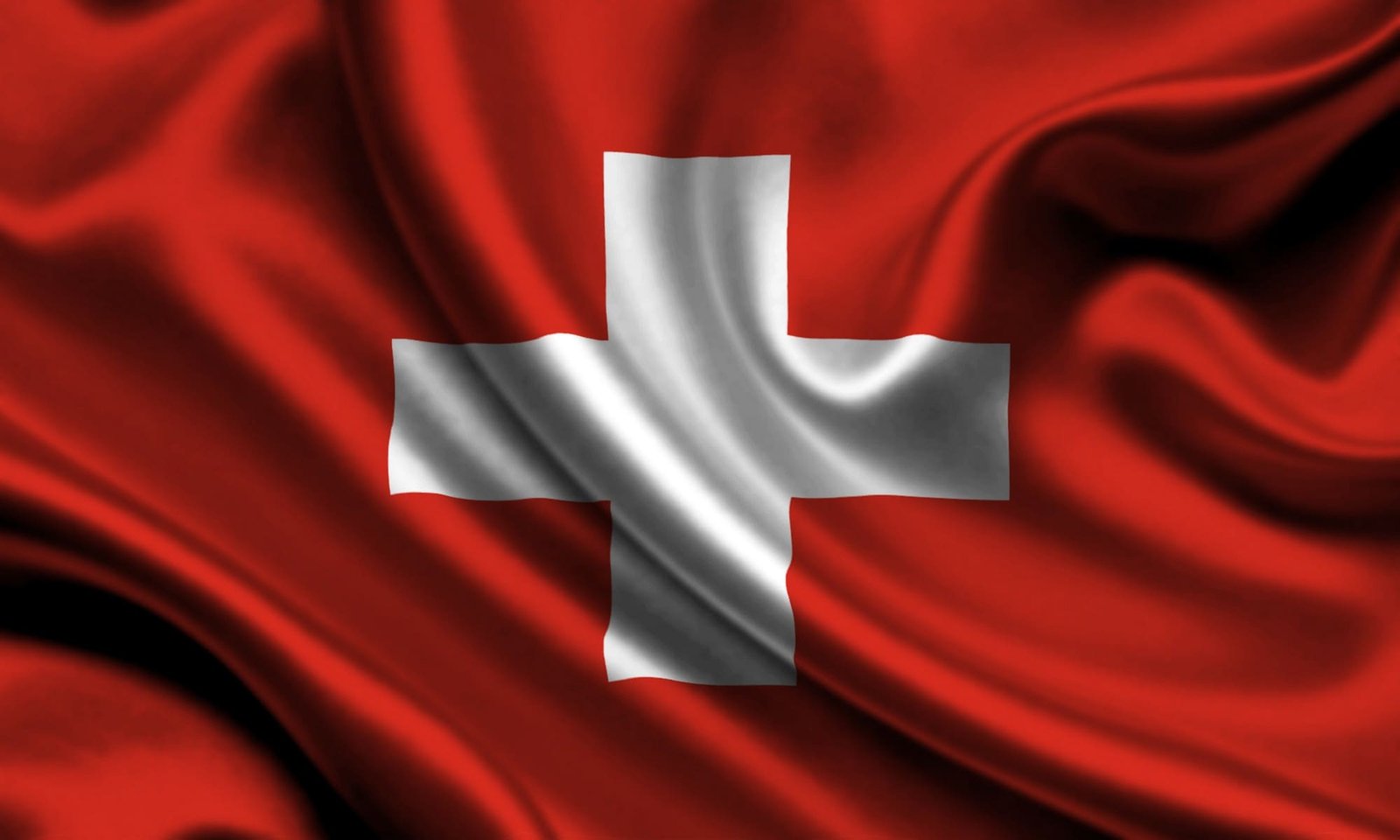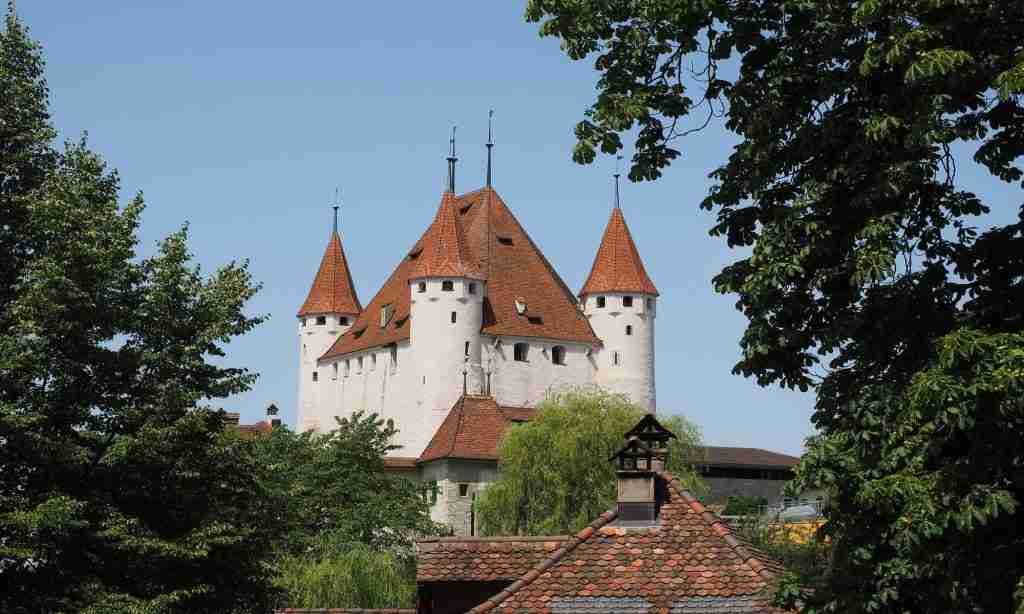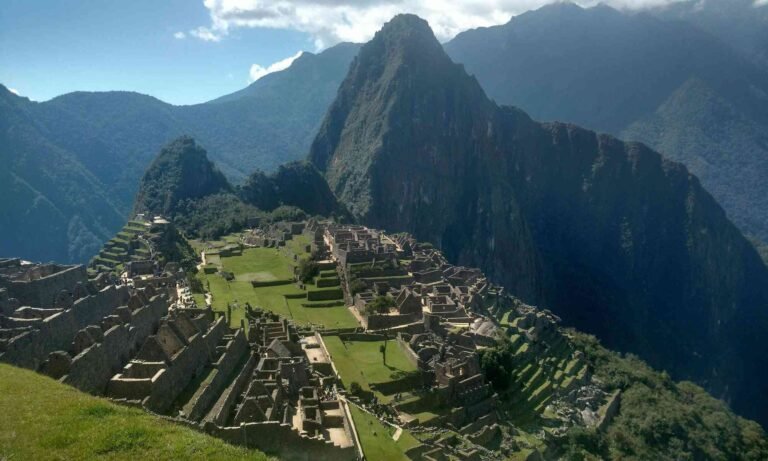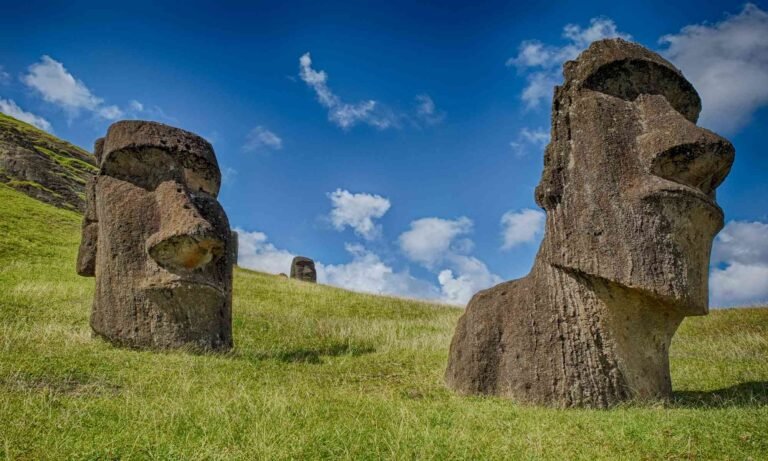The Natural Beauty
Switzerland is renowned for its breathtaking landscapes, presenting a unique blend of majestic mountains, serene lakes, and charming valleys that attract millions of visitors each year. The Swiss Alps, a cornerstone of the country’s natural beauty, dominate the skyline with their snow-capped peaks and rugged terrain. This mountain range not only offers awe-inspiring views but also serves as a year-round destination for outdoor enthusiasts. Skiing in the winter and hiking in the summer allows tourists to experience the Alps in varying seasonal facets.
Among the numerous lakes that dot the Swiss landscape, Lake Geneva stands out with its stunning environment. Spanning the border between Switzerland and France, this expansive lake provides a variety of recreational activities including sailing, swimming, and picnicking along its picturesque shores. The towns of Montreux and Lausanne, located on its banks, showcase the enchanting scenery while offering a glimpse into Swiss culture and history. Visitors can enjoy leisurely strolls along the waterfront or explore bustling markets that feature local crafts and delicacies.
Another remarkable natural landmark is the Lauterbrunnen Valley. Nestled between towering cliffs, this valley is home to numerous waterfalls, lush meadows, and vibrant flower fields, making it an idyllic retreat for nature lovers. The famous Staubbach Falls plunges dramatically from a height of nearly 300 meters, captivating visitors with its ethereal beauty. This area is perfect for various outdoor activities, such as hiking trails that wind through the valley, providing access to stunning views and opportunities for encounters with diverse wildlife.
Falling for Autumn
“Falling for Autumn” is Switzerland Tourism’s seasonal campaign, blending cinematic storytelling with alpine serenity. Fronted by Roger Federer and directed by Swiss filmmaker Marc Forster, each edition pairs Federer with global co-stars to explore Switzerland’s autumnal charm – balancing wit, elegance and golden landscapes.
Falling for Autumn 2024 with Mads Mikkelsen
Falling for Autumn 2025 with Halle Berry
Cultural Heritage and Tradition
Switzerland’s cultural heritage is a vibrant tapestry woven from diverse linguistic and regional influences, resulting in a unique national identity. The country is home to four primary linguistic groups: German, French, Italian, and Romansh, each contributing to the rich cultural landscape. The German-speaking region, which encompasses cities like Zurich and Bern, showcases a blend of modern innovation and traditional customs. In contrast, the French-speaking areas, particularly in the west, lend a flair of romance and sophistication reflected in their art, architecture, and gastronomy.
Italian-speaking Switzerland, primarily located in the southern region of Ticino, delights visitors with its Mediterranean warmth, evident in the local dialect, cuisine, and stunning landscapes. The Romansh language, although less spoken, reflects the historical roots and rich heritage of the Grisons and is a testament to the country’s commitment to preserving its cultural diversity.
Switzerland is also renowned for its traditional festivals, which celebrate the unique characteristics of each region. Events such as Fasnacht in Basel, a vibrant carnival filled with parades and music, or the Alpine festivals that showcase yodeling, cow parades, and regional foods, serve as a reminder of the Swiss people’s connection to their roots. Culinary traditions play a crucial role in Swiss culture, with dishes like fondue, raclette, and rösti embodying the country’s emphasis on quality ingredients and hearty sustenance.
The historical significance of Switzerland is encapsulated in its remarkable cultural landmarks. The Château de Chillon, perched on the shores of Lake Geneva, is a testament to the medieval era, while the Old Towns of Zurich and Bern, recognized as UNESCO World Heritage sites, reflect the architectural charm and historical importance of the country. These sites not only enhance the travel experience but also foster a deeper appreciation for Switzerland’s cultural heritage and traditions.
“Switzerland is the perfect example of how a country can stay neutral, independent and free.”
– Kofi Annan
Travel Tips for Visiting
Planning a trip to Switzerland involves a few essential considerations to ensure a smooth and enjoyable experience. First, the best times to visit this picturesque country vary depending on the activities one wishes to engage in.
The summer months, from June to August, are ideal for hiking and exploring the vibrant landscapes. Conversely, the winter months, from December to March, are perfect for skiing in the Swiss Alps.
The city of Thun is where I grew up and the gate to the Bernese Oberland.
One of the standout features of Switzerland is its impressive public transport system, which includes trains, trams, and buses. The Swiss Travel System offers a range of passes for unlimited travel across the country, ensuring visitors can easily access all regions. Renting a car can also be a great option for those wishing to explore the more remote areas at their own pace, although it’s advisable to check local parking regulations and availability, especially in popular tourist destinations.
For those on a budget, travelers should be aware that Switzerland is known for its high cost of living. Planning accordingly can help to manage expenses. It is advisable to opt for budget accommodation, such as hostels or guesthouses, and to take advantage of supermarket meals rather than dining at restaurants for every meal. Additionally, understanding the currency is crucial, as Switzerland uses the Swiss Franc (CHF), and cash payments are often preferred in smaller establishments.
Essential items to pack include layers of clothing, considering Switzerland’s varied climate, along with sturdy footwear for outdoor activities. Travelers should also familiarize themselves with local customs and etiquette; for example, punctuality is highly valued, and greetings typically involve a handshake. Being aware of these cultural nuances can greatly enhance the travel experience and facilitate more meaningful interactions with locals.
“Switzerland’s neutrality is not a lack of interest in the world, but a dedication to peace.”
– Eleanor Roosevelt
The Swiss Way of Life: Beyond Tourism
Switzerland is renowned for its breathtaking landscapes and world-class tourism; however, the essence of Swiss culture extends far beyond picturesque views. The Swiss way of life is deeply embedded in sustainability, quality of life, and progressive social policies that contribute to the nation’s overall well-being. These principles influence not only how the Swiss people live, but also how they interact with their environment and each other.
- Sustainability is a core value in Swiss society. Many cities prioritize eco-friendly initiatives, such as efficient public transportation and extensive recycling programs, reflecting a commitment to preserving natural resources. This focus on sustainable living influences everyday choices from energy consumption to purchasing habits. Residents commonly support local farmers and businesses, fostering community while reducing their carbon footprint.
- Quality of life in Switzerland is also noteworthy. The country consistently ranks highly in global livability indexes, demonstrating a balanced work-life culture that many aspire to emulate. Swiss citizens enjoy generous vacation policies and emphasize leisure time. Education plays a crucial role in sustaining this quality of life, with a system designed to foster innovation and critical thinking—ensuring future generations are equipped to meet global challenges → swisstech, the platform about Swiss innovation.
- As the national competence centre for official statistics, the Federal Statistical Office (FSO) is the central hub in Switzerland’s data ecosystem. It supports and strengthens the whole public administration in dealing with data → Switzerland by Numbers
- The influence of progressive social policies cannot be overstated. Switzerland invests in comprehensive healthcare and social security systems, contributing to a robust safety net. This commitment to social equity fosters a sense of belonging and stability. Switzerland’s reputation for innovation is exemplified in its finance and technology sectors, where excellence remains a driving force. The Swiss embrace challenges with a problem-solving mindset, staying at the forefront of global advancements.
- Swiss people are known for their precision and peacefulness; while not every household has a cow, alpine pastures still echo with bells more often than car horns. Thanks to the militia system, many homes store a government-issued rifle—handled with the same discipline as their legendary timepieces. Neutrality is their global trademark, yet debates over cheese fondue etiquette can get surprisingly heated. Despite a deep love for order, the Swiss somehow make spontaneity feel like it was penciled into the calendar.
What’s More
The posts in My Blog feature reflective, story-driven pieces rooted in personal and societal insights.
The topics in My Interests explore abstract, philosophical ideas and their cultural and societal impact.
👁️ 5,821 Views

















